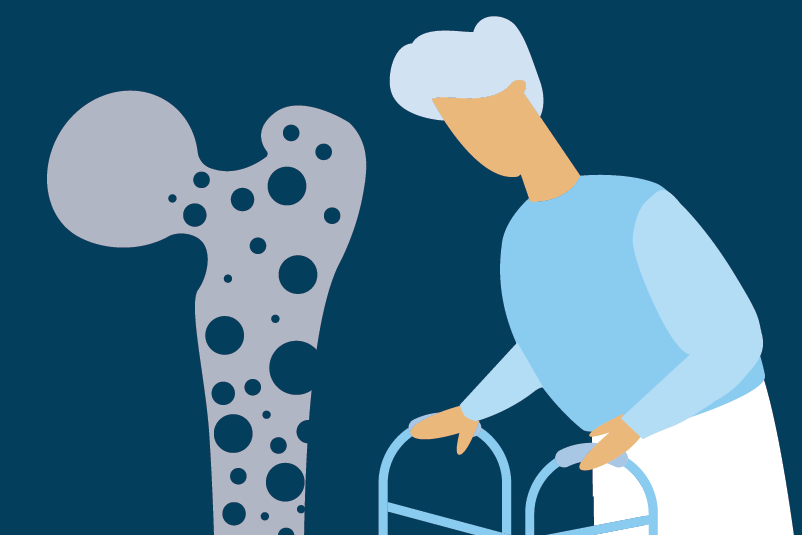#318 Tranexamic Acid – Golden in the golden hours of trauma?

Reading Tools for Practice Article can earn you MainPro+ Credits
Join NowAlready a CFPCLearn Member? Log in
- Two large randomized, placebo-controlled trials of intravenous TXA (1g over 10 minutes, then 1 g over 8 hours) in adult trauma. Patients >80% male, median age 35-42 years. Outcomes at 28 days.
- General trauma: 20,211 patients with signs of shock or risk of significant hemorrhage, presenting within 8 hours of injury. 31% had co-existing head injury.1,2
- All-cause mortality: 14.5% versus 16% placebo; number needed to treat (NNT)=67.
- Only treatment ≤3 hours improved mortality (treatment >3 hours: No difference).
- Adverse events: Vascular occlusive event (myocardial infarction, stroke, pulmonary embolism) 1.7% versus 2.0% placebo, not statistically different.
- All-cause mortality: 14.5% versus 16% placebo; number needed to treat (NNT)=67.
- Traumatic brain injury: 12,737 patients with GCS of ≤12 or intracranial bleeding on CT and no major extracranial bleeding.3,4 Allowable time post-injury changed from 8 to ≤3 hours during study. Outcomes [for patients presenting ≤3 hours (N=9202)]:
- All-cause mortality: No difference.
- Head injury mortality (overall): No difference.
- Analyzed by severity of head injury (some pre-specified):
- Excluding GCS=3: 12.5% versus 14% placebo NNT=67.
- GCS 4-8 no difference.
- GCS 9-15: 5.8% versus 7.5% placebo NNT=59.
- Disability scores similar between groups.
- Adverse events: No difference.
- Limitation: No statistical correction for multiple sub-group analyses.
- Analyzed by severity of head injury (some pre-specified):
- Systematic reviews5,6 dominated by above studies found similar outcomes.
- Hemorrhage causes 20-45% of trauma deaths.7,8,9
- Guidelines recommend using TXA within 3 hours in :
- "Severely injured bleeding patients."10
- "Patients with major trauma and active or suspected bleeding."11
- Pre-hospital TXA did not improve:
- Mortality in general trauma.12
- Neurological outcomes in traumatic brain injury patients.13







Thanks!
minimal benefit with TXA
Almost a 10% relative increase in survival. It’s worth it.